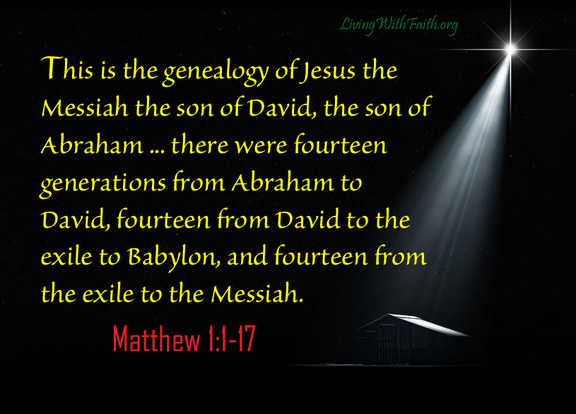
During the course of this past year we published well over a hundred blog posts here and on our sister site.
The list below gives the 12 posts that were most popular on this site, so check out the list to see how it compares with your own favorites and to see if you missed any...
Seeing the Gift of Color
Spiritual Posture: The Right Way to Walk, Stand, and Sit
The God of Law and Love
So Are You Religious or Spiritual?
Evidence of Pharaoh's Army in the Red Sea?
The Man at Night and the Woman at Noon
The Apostle John’s Letter about Love and Truth
How Do We Love God?
Not Seeing the Forest for the Trees
Why the Healings with Mud and Spit?
In Our Hands
James 2:18 – Does Faith Always Produce Fruit?
You might also like to see the parallel list of most popular posts this year on our sister site:
www.TacticalChristianity.org .



 RSS Feed
RSS Feed
